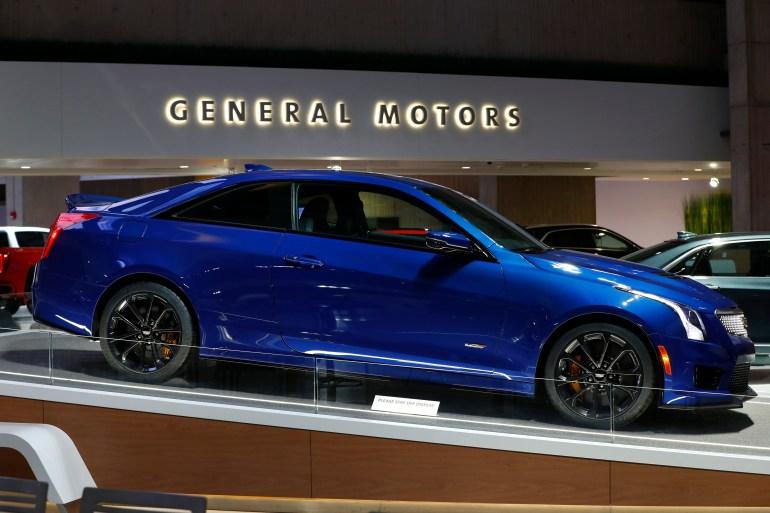General Motors will pay a fine of almost $146 million for failing to comply with emissions and fuel economy standards in several older vehicle models.
General Motors is facing a penalty of nearly $146m imposed by the federal government due to emissions and fuel economy violations discovered in 5.9 million of their older vehicles. The National Highway Traffic Safety Administration disclosed that specific GM vehicles from the 2012 to 2018 model years failed to meet federal fuel economy requirements.
The Environmental Protection Agency revealed that GM pickup trucks and SUVs emit around 10 percent more carbon dioxide on average than the emissions levels claimed in GM's initial compliance testing. Despite this, the affected vehicles are allowed to remain on the road as they cannot be rectified.
In response, GM asserted that they had abided by all regulations concerning pollution and vehicle mileage certification and have not admitted any wrongdoing or non-compliance with the Clean Air Act. This enforcement action impacts approximately 4.6 million full-size pick-up trucks and SUVs, along with 1.3 million midsize SUVs, including models like the Chevy Tahoe, Cadillac Escalade, and Chevy Silverado.
To offset the elevated emissions, GM will relinquish credits used to ensure compliance with greenhouse gas emission standards. The EPA clarified that the infractions were unintended. However, critics like David Cooke from the Union of Concerned Scientists expressed skepticism over GM's lack of awareness regarding the excess pollution, emphasizing the need for stringent pollution regulations.
Despite the violations, the government has not mandated GM to address the pollution discrepancy or revise the gas mileage estimates on the affected vehicles' window labels.
Dan Becker of the Center for Biological Diversity's Safe Climate Transport Campaign emphasized the significance of stringent pollution regulations to safeguard public health and the environment. He pointed out GM's transgressions as reinforcing the necessity for strong pollution control measures.
In specific instances of air pollution violations, automakers have been subject to fines under the Clean Air Act, often involving interventions by the Department of Justice. Previously, automakers like Hyundai and Kia faced legal actions for similar non-compliance issues.
The recent decision by the Supreme Court to reject the Chevron doctrine, which decentralizes regulatory powers from executive agencies to judicial bodies, could impact future environmental enforcement actions.
Source: ALJAZEERA
ALJAZEERA MEDIA NETWORK
